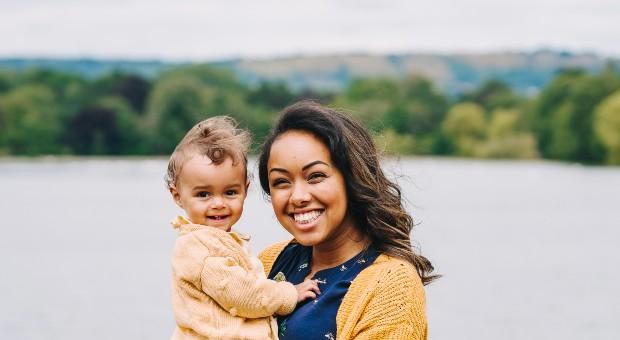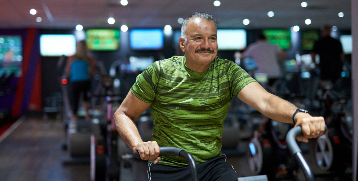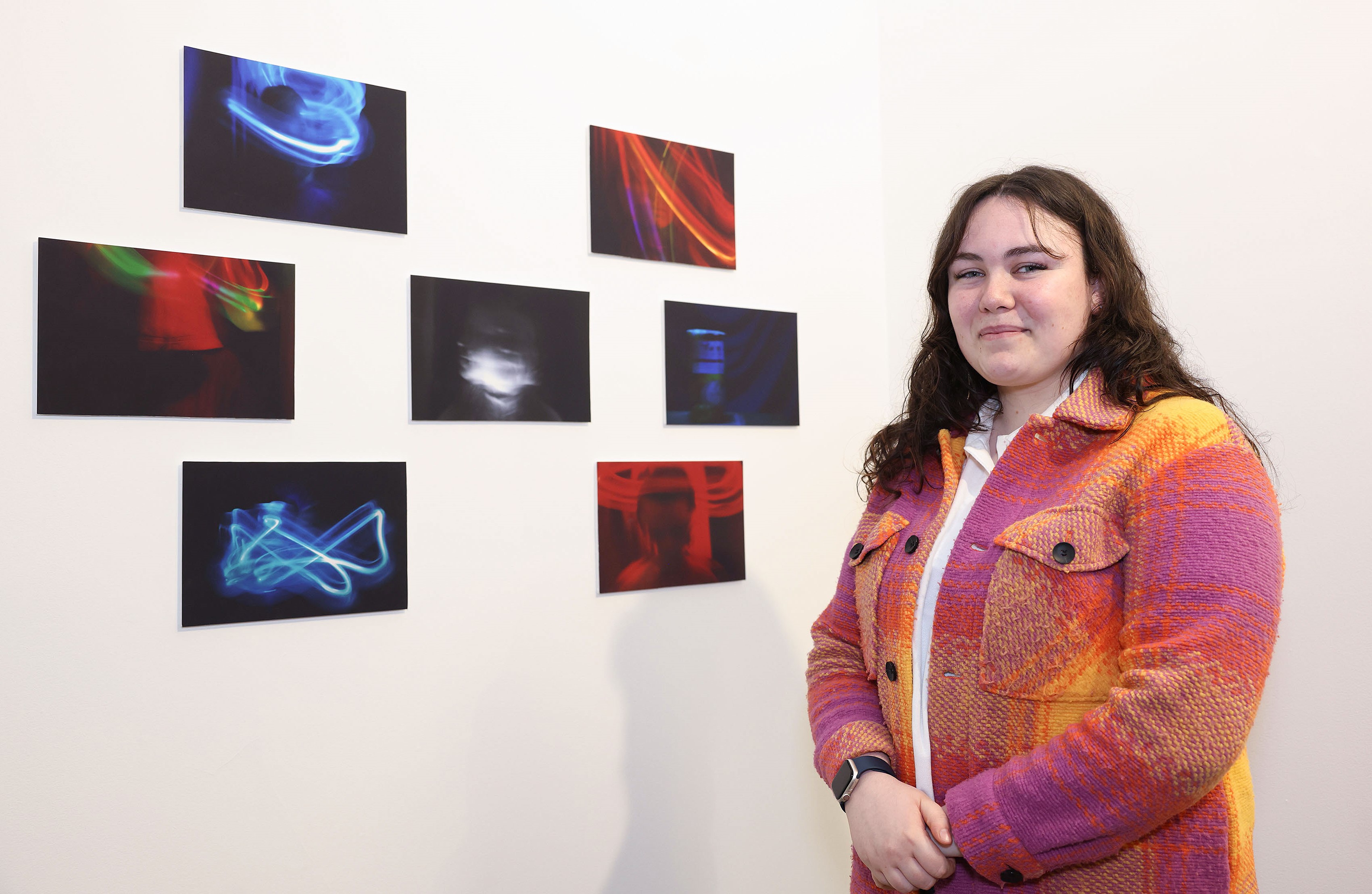
Melanie Stephenson
Diagnosed age 13.
Peer support and meeting other people with diabetes is so important.
After being diagnosed with type 1 diabetes at age 13, Mel took up athletics to take control of her diabetes, and hasn’t looked back. She has gone on to compete for Wales in the 100m and 200m. Now a Diabetes UK trustee, Melanie also writes her own blog and volunteers across the world.
Here Mel talks about her experiences with diabetes and what Black History Month means to her after a recent interview for our membership magazine, Balance.



